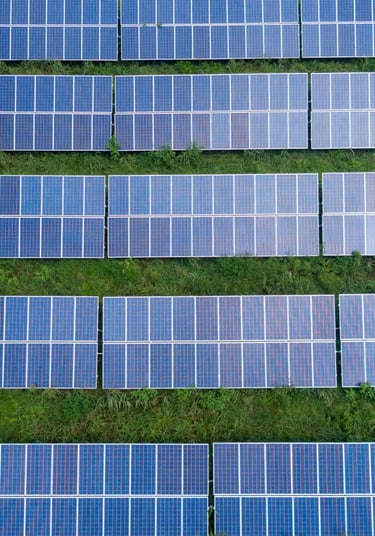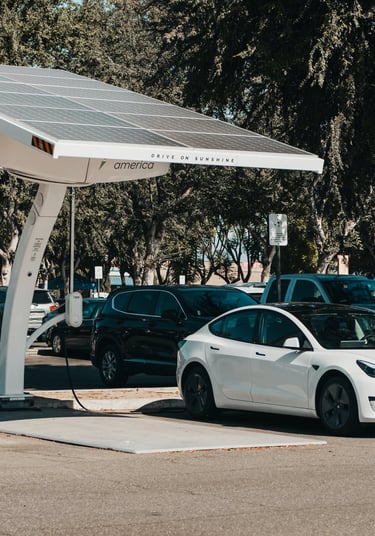Inspiring Climate Solutions
Renewable energy is a crucial aspect in our fight against climate change. By harnessing the power of natural resources, we can significantly reduce our carbon footprint and create a sustainable future. There are various types of renewable energy sources that we can utilize to generate clean and green power. Solar energy, obtained from the sun's rays, is one such source. It is abundant and accessible, making it an excellent option for both residential and commercial use. Wind energy, generated by wind turbines, is another renewable energy source that is gaining popularity due to its immense potential. Hydroelectric power, produced from flowing water, is yet another clean energy alternative. Biomass energy, derived from organic materials, and geothermal energy, obtained from the earth's heat, are also viable options. By embracing these renewable energy sources, we can make a significant impact in mitigating climate change and securing a sustainable future for generations to come. from iea.org
Renewable Energy








Sustainable Agriculture
Sustainable agricultural practices play a crucial role in reducing climate change and mitigating its effects. These practices aim to promote environmental conservation and minimize the negative impacts of agriculture on the climate. One such practice is the use of organic farming techniques, which avoid the use of synthetic fertilizers and pesticides, reducing greenhouse gas emissions and preserving soil health. Additionally, agroforestry systems that integrate trees with crops help sequester carbon dioxide from the atmosphere, acting as a natural carbon sink. Proper water management techniques, such as drip irrigation, can also contribute to sustainability by minimizing water usage and reducing the energy required for irrigation. By adopting these sustainable agricultural practices, we can not only protect the environment but also ensure food security for future generations.
Stop using fossil fuels
